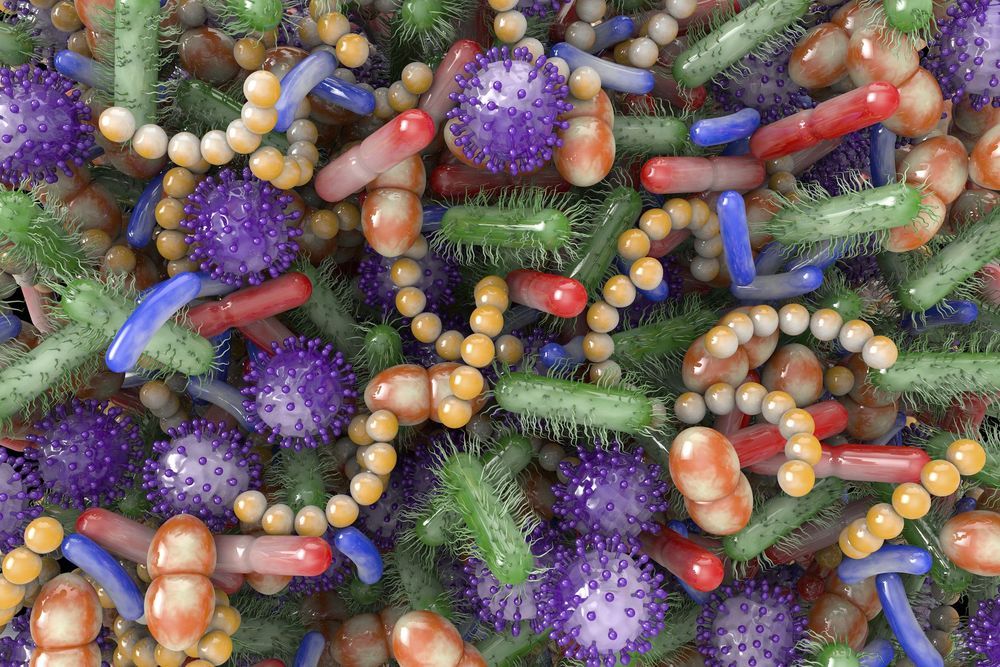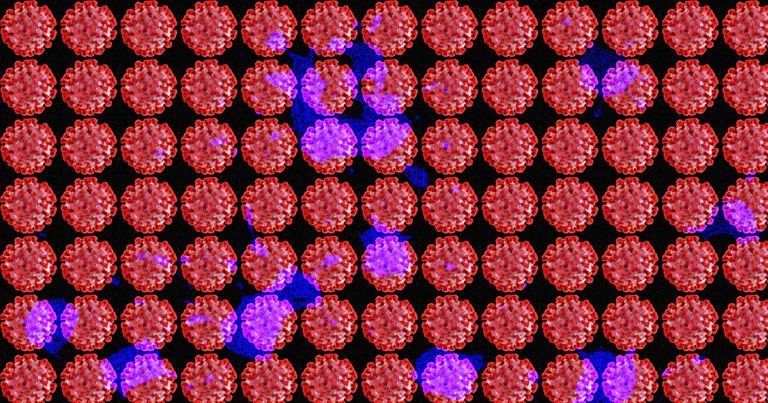Wall Street’s Biotech Investment Wizard — On this most recent ideaXme (http://radioideaxme.com/) episode, I was honored to be joined by my friend, and biotech / pharma / healthcare investment banker extraordinaire, Frederick Frank, to talk about his 50-year career history behind the industry’s mega-deals — #Ideaxme #Biopharma #Biotech #WallStreet #Mergers #Acquisitions #VentureCapital #Genentech #Roche #BristolMyersSquibb #PrivateEquity #Health #Wellness #Longevity #Regeneration #LifeExtension #Aging #IraPastor #Bioquark #Regenerage
Ira Pastor, ideaXme exponential health ambassador, interviews Fred Frank, Founder and Chair of Evolution Life Science Partners, an investment bank focused on the needs of life sciences and healthcare companies.
Ira Pastor Comments:
On several recent shows we’ve been discussing some of the novel, alternative funding pools that have been emerging in and around the biotech space, specifically related to some of the unmet medical needs of which we have been focusing on, on the ideaXme show, particularly related to the age-tech and longevity biotech fronts.
We have had guests join us from both the $125 Million Healthy Ageing Challenge program of UKRI (UK Research and Innovation)and the US$30 Million Healthy Longevity Global Grand Challenge of the U.S. National Academy of Medicine. We’ve have also talked to folks at the XPrize Foundation, specifically related to their upcoming inducement prize contest for therapeutics for the diseases of aging.





